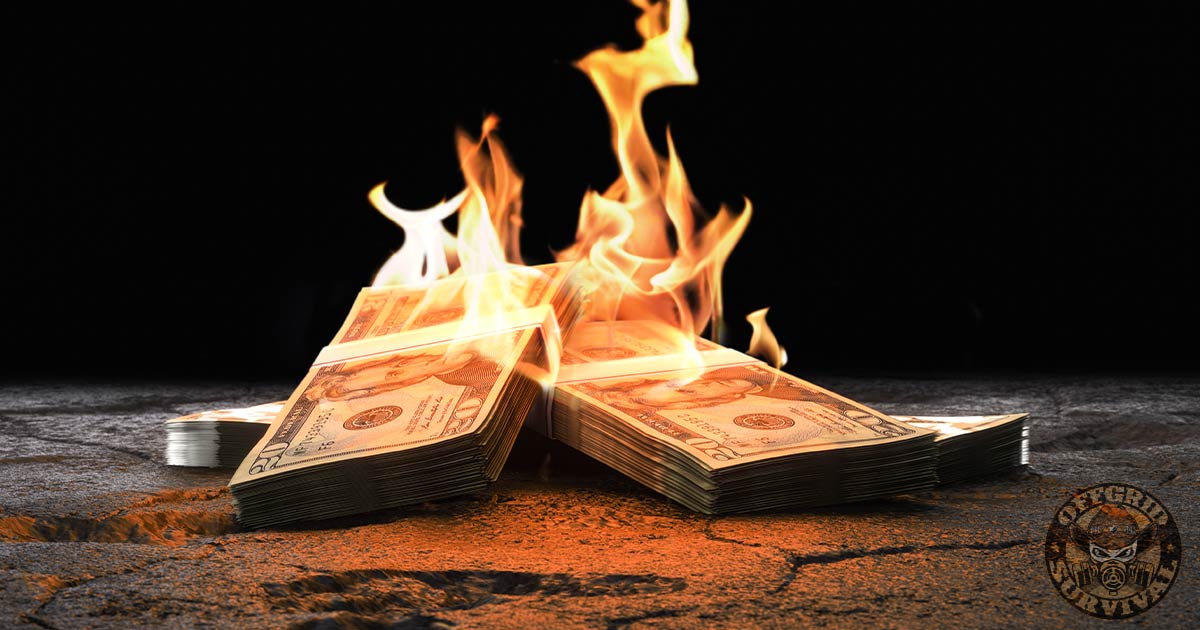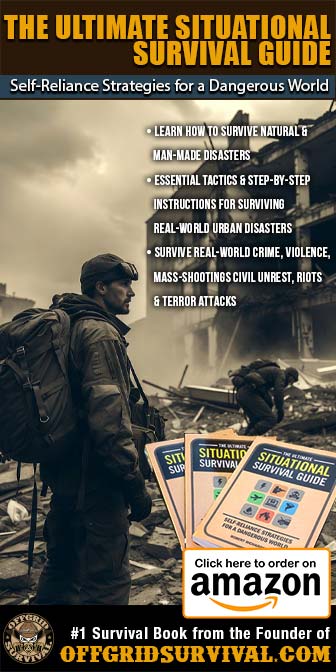On the heels of the massive economic fallout from the collapse and FDIC takeover of Silicon Valley Bank and Signature Bank, 186 banks have been identified as having a similar risk profile that makes them vulnerable to collapse.
A recent Social Science Research Network study identified 186 American banks that would likely collapse if half of their depositors suddenly withdrew their funds. The researchers ran a scenario where each bank experienced a run and concluded that the FDIC would run out of money.
“Our calculations suggest these banks are certainly at a potential risk of a run, absent other government intervention or recapitalization,” the economists wrote.
“Even if only half of uninsured depositors decide to withdraw, almost 190 banks are at a potential risk of impairment to insured depositors, with potentially $300 billion of insured deposits at risk,” the study’s abstract reads. “If uninsured deposit withdrawals cause even small fire sales, substantially more banks are at risk.”
The study found that 10 percent of banks have larger unrecognized losses than those at SVB. Even more concerning is they found that 10 percent of banks had lower capitalization than SVB, highlighting a real risk of coming trouble.
The study noted, “When central banks tighten monetary policy, it can have significant negative impacts on the value of longterm assets, including government bonds and mortgages. This can create losses for banks, which engage in maturity transformation: they finance long maturity assets with short-term liabilities—deposits. As interest rates rise, the value of a bank’s assets can decline, potentially leading to bank failure through two broad, but related channels. First, if a bank’s liabilities exceed the value of its assets, it may become insolvent. This is particularly likely for banks which need to increase deposit rates as interest rates rise. Second, uninsured depositors may become concerned about potential losses and withdraw their funds, causing a run on the bank. “… “Recent declines in bank asset values very significantly increased the fragility of the US banking system to uninsured depositor runs.”
The overall Economic numbers are NOT GOOD!
- Silicon Valley Bank Collapse causing fears of market contagion and Bank Runs
- Another Bank Down! Regulators close Signature Bank as Fears of Banking Collapse & Bank Runs Escalate
- 186 Year Old Bank, Credit Susie Collapses and taken over in $3.25 billion government-driven sale to UBS Group AG.
- Stock & crypto markets crash, U.S. debt to soar past $50 trillion within 10 years as Biden to Raise Taxes
- Commercial Real Estate Collapse Latest Warning Sign to Prepare for Major Economic Troubles
- Food Shortages: American Food Supply in Real Danger, expected to get worse in 2023
- US inflation surges as economy becomes top preparedness threat
- U.S. money supply, which measures safe assets households and businesses can use to make payments, has fallen abruptly since March and is negative on a yearly basis for the first time since 2006.
- Mortgage payments as a share of income have doubled from 13% to 26%, and the savings rate has plummeted to almost zero.
- Total household debt increased by 8.5% in 2022 and now stands at a record $16.9 trillion. That’s $2.75 trillion higher than it was pre-pandemic.
- Sales of commercial mortgage bonds have taken a nose dive, plummeting about 85% year-over-year as commercial real estate investors are bracing for what looks like a wave of defaults throughout the commercial real estate industry.
Preparing for a possible Economic Collapse
We advise reading our article on Preparing for an Economic Collapse. We talk about the history of economic collapses, list the steps you need to take, and talk about what will most likely happen when the banking system goes down. You can read the article here.
Be Prepared to Feed Yourself when the Collapse Hits!
- Best Emergency Food: The Top Survival Food Supplies
- Survival Food – 56 Long-Term Survival Foods and Supplies at the Grocery Store
- Prepper 101: Your Survival Guide to Getting Started
Grocery Options that ship right to your Home:







